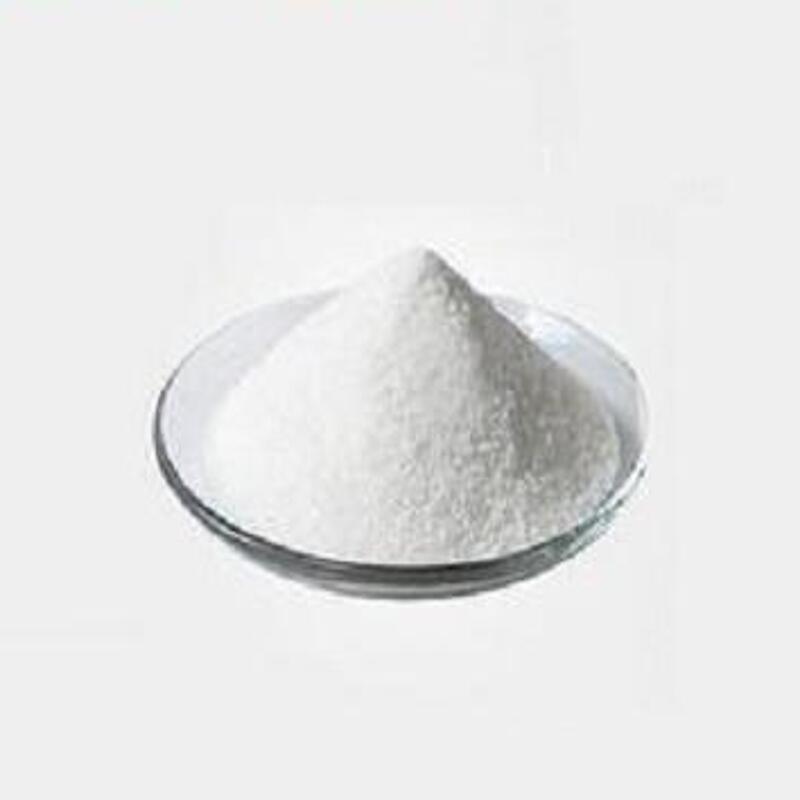-
Categories
-
Pharmaceutical Intermediates
-
Active Pharmaceutical Ingredients
-
Food Additives
- Industrial Coatings
- Agrochemicals
- Dyes and Pigments
- Surfactant
- Flavors and Fragrances
- Chemical Reagents
- Catalyst and Auxiliary
- Natural Products
- Inorganic Chemistry
-
Organic Chemistry
-
Biochemical Engineering
- Analytical Chemistry
-
Cosmetic Ingredient
- Water Treatment Chemical
-
Pharmaceutical Intermediates
Promotion
ECHEMI Mall
Wholesale
Weekly Price
Exhibition
News
-
Trade Service
The chemical industry is a broad and diverse field that involves the production of a wide range of chemical products.
These products are used in various industries and applications, including agriculture, food and beverage, pharmaceuticals, and personal care.
One of the important products in the chemical industry is starch, which is used in many different applications.
Starch is a carbohydrate that is produced by plants, including corn, potatoes, and rice.
It is a white, tasteless, and odorless powder that is used as a thickening, stabilizing, and filling agent in food products.
Starch is also used as a source of energy for living organisms and as a starting material for the production of various chemicals.
In the chemical industry, starch can be converted into a variety of different products through a process known as hydrolysis.
Hydrolysis is a chemical reaction in which starch is broken down into its component parts, including glucose, maltose, and other sugars.
This process is carried out using enzymes or acid hydrolysis, which breaks down the starch molecules into smaller units.
Upstream products of starch include corn, potatoes, and rice, which are the primary sources of starch.
These crops are grown and harvested using various farming techniques, including conventional, organic, and sustainable methods.
The crops are then transported to processing facilities where they are cleaned, processed, and milled to extract the starch.
The starch is then purified and dried, and the resulting product is ready for use in various applications.
Downstream products of starch include a wide range of chemicals and food products.
One of the most common downstream products is glucose, which is used as a sweetener in food and beverage products.
Glucose is also used in the production of high-fructose corn syrup, which is commonly used in soft drinks and other sweetened products.
Another downstream product of starch is maltodextrin, which is a food additive that is used as a thickener, stabilizer, and sweetener.
Maltodextrin is used in a variety of products, including instant coffee, frozen foods, and baby formula.
Starch can also be used as a raw material for the production of various chemicals, including polylactic acid, which is used in the manufacture of biodegradable plastics.
Polylactic acid is used in a variety of applications, including packaging, textiles, and automotive parts.
In the pharmaceutical industry, starch is used as an excipient in the production of tablets and capsules.
Starch helps to bind the ingredients together, making it easier to compress them into a solid form.
Starch is also used as a binder in the production of dye and ink, and as a stabilizer in the personal care industry.
In conclusion, starch is an important raw material in the chemical industry that can be converted into a wide range of downstream products.
From agriculture to food and beverage, pharmaceuticals, and personal care, starch is used in a variety of applications.
With the increasing demand for sustainable and renewable materials, the production of starch from plant-based sources is expected to grow in the coming years.
As a result, the downstream products of starch will continue to play an important role in the chemical industry, providing valuable materials for a wide range of applications.







